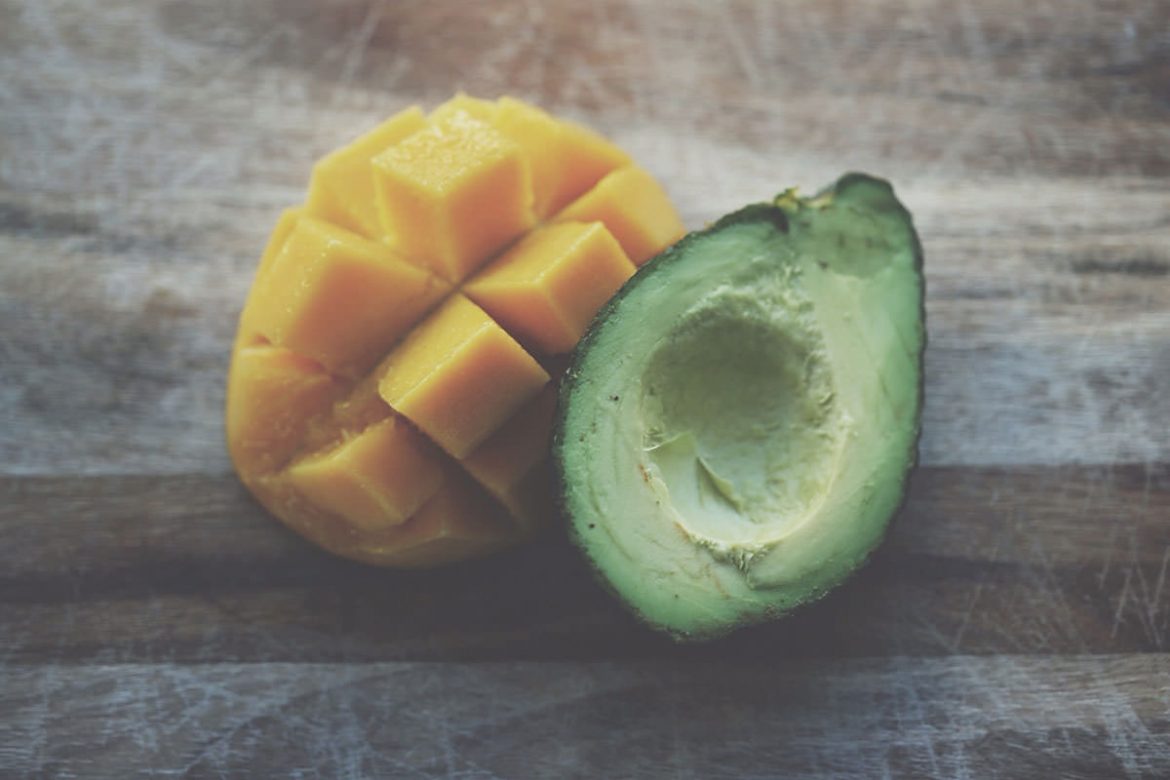The avocado is a tree native to Mexico and Central America, classified in the flowering plant family Lauraceae along with cinnamon, camphor and bay laurel. Avocado or alligator pear also refers to the fruit, botanically a large berry that contains a single seed. Avocados are commercially valuable and are cultivated in tropical and Mediterranean climates throughout the world. They have a green-skinned, fleshy body.
Commercially, they ripen after harvesting. Trees are partially self-pollinating and often are propagated through grafting to maintain a predictable quality and quantity of the fruit.
A typical serving of avocado (100 g) is moderate to rich in several B vitamins and vitamin K, with good content of vitamin C, vitamin E and potassium (right table, USDA nutrient data). Avocados also contain phytosterols and carotenoids, such as lutein and zeaxanthin.
By eating a variety of foods, you get the whole component of nutrients vitamins, minerals and fiber. It’s easier to absorb iron, for example, when you’re also eating Vitamin C.
High avocado intake was shown in one preliminary study to lower blood cholesterol levels. Specifically, after a seven-day diet rich in avocados, mild hypercholesterolemia patients showed a 17% decrease in total serum cholesterol levels. These subjects also showed a 22% decrease in both LDL (harmful cholesterol) and triglyceride levels and 11% increase in HDL (helpful cholesterol) levels.
In a study of obese patients on a moderate fat diet (34% of calories), additional consumption of one avocado (136 g) per day over 5 weeks produced a significant reduction of circulating LDL, an effect the authors attributed to the combination of avocado monounsaturated fats, dietary fiber and the phytosterol, beta-sitosterol.







It seems that we have the same interests, so wonderful
Avocado is really a healthy fruit. I really like drinking Avocado frappe